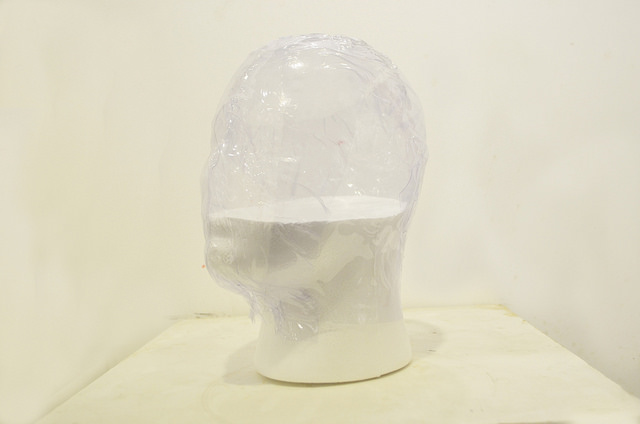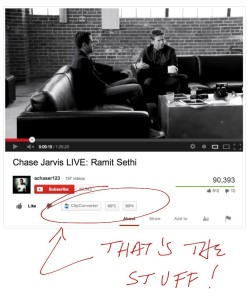Hopping aboard any digital sharing bandwagon was always a struggle: Twitter, Foursquare, Facebook. Before that: LinkedIn, LiveJournal, MySpace, Xanga.
So on. So forth.
I didn’t gravitate towards voicing my opinion on pop culture and politics
Or what I had for breakfast. Didn’t think this literature was worth the digital space of 1’s and 0’s it took up. I made attempts through the years, but never felt strong doing it.
It’s easier, I think, to catch this early wave of social sharing that leads to YouTube sensations and pop-culture-websites-to-book deals when your parents convinced you you’re a unique snowflake whose opinion carries weight, even if it’s the opinion of a 12-year-old girl who’s never wanted for anything except a pair of Louboutins. Or your parents taught you education isn’t an institution but a street market in New Delhi where grades can be haggled over, and that your spot on the “A” soccer team isn’t hinged on being one of the best 11, but because of the $3,000 donation towards the booster club’s new bleachers.
My first day of work, ever, I wore pleated Dockers, a checked shirt and plastic Payless shoes, the latter of “Buy 1, get the 2nd ½ Off” sale. My father sat at the kitchen table, putting on his socks, which is where he attended to all things foot-related. He offered one nugget of advice, one sock already wrestled up his calf, and the other in his hand: “Don’t talk back. Listen first. You don’t know as much as you think.” The idea stuck with me.
Not always in a good way
It’s held me back times when I should have stepped forward. When I was the smartest person in the room (admittedly, a tiny room). Instead, we’d follow the leadership of someone who didn’t think from A to F, never mind A to Z. Who struggled to spell “piss” and do it when confronted with a toilet. But she was bold and fast and not scared to look foolish. She stepped forward and there’s merit in that.
Anyone with an Internet connection can step forward now. We’ve all got a soapbox. We just need to make the choice: shout at every passerby, refusing to be drowned out by everyone else clamoring for attention? Or do we whisper, so that the few who want to listen, must lean in? If the latter, we better make our message worth the lean.
Answering that challenge is difficult. To quote the hipster I overheard at the Last Bookstore on Spring and 7th in downtown Los Angeles: “it’s all so completely derivative, man.” He might be right.
A Byproduct of Self-Dev
I’ve never shied from the fact that I’m a byproduct of self-dev. I’m the amalgamation of those self-help aisles in Barnes & Noble with placards that boldly proclaiming LEADERSHIP and MANAGEMENT and RELATIONSHIP, always questioning whether this iteration of me, with the cheap haircut and hand-me down clothes, is in fact the best version of me. I’m also the byproduct of all those times I listened when maybe I should have spoke, not because I didn’t understand the words but because I wanted to stay inside myself, and take it in.
It’s left me behind those who can form an idea and Tweet it out to the Universe with naught a thought. I’m still calculating. I pause — “Is this what I’m really thinking? Is this how I actually feel?” I’m not far behind though. Everyday for these last few years, I’ve grown a little more confident. Still listening, still taking in all in, but with a little more hand raising. A little more, “I’ve seen this. I’ve done this. I can lead the way.
Photo Credit: Shuo Wang




